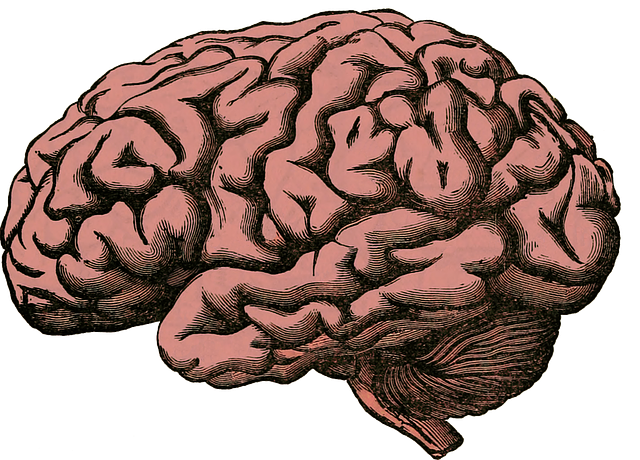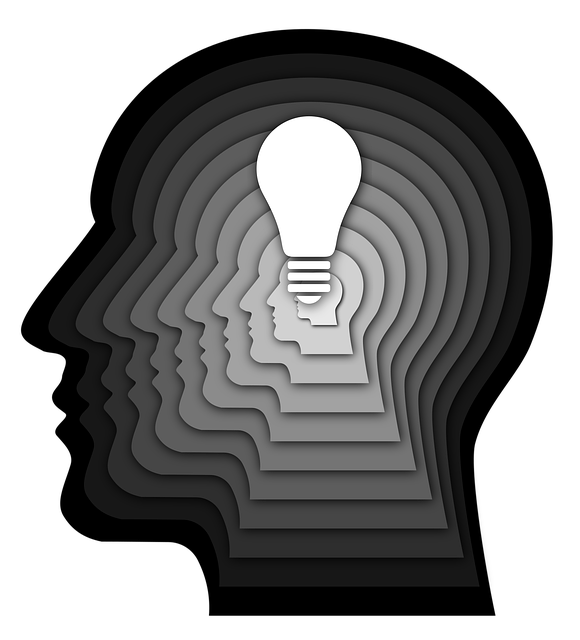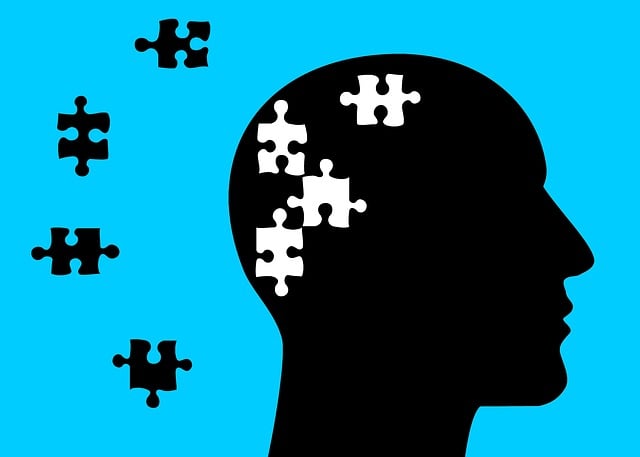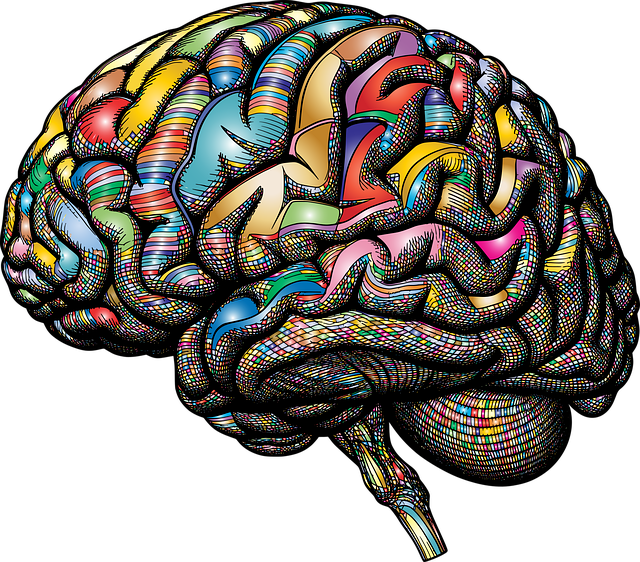Mental health, a holistic concept, greatly impacts daily life and well-being. Longmont DBT, an evidence-based therapy, offers a structured approach focusing on emotion regulation, distress tolerance, mindfulness, and interpersonal skills. This empowers individuals to manage mood, practice self-care, and maintain balance. Apps incorporating DBT techniques, such as those from Longmont, provide personalized digital support for emotional well-being, adapting content based on user feedback and preferences. These apps, leveraging machine learning, offer tailored mental health care, particularly for depression prevention. Effective marketing strategies, including social media, community partnerships, and professional endorsements, can drive app adoption in Longmont, ensuring accessible mental wellness solutions.
In today’s fast-paced world, mental wellness apps offer a crucial resource for managing stress and improving daily life. This article explores the development of such an app, focusing on Longmont Dialectical Behavioral Therapy (DBT), a proven approach to emotional regulation. We’ll delve into understanding mental health, the benefits of DBT integration, tailoring content for personalized experiences, key features for effective support, and successful launching strategies. By embracing innovative technology, we can enhance access to quality mental wellness care.
- Understanding Mental Health and Its Impact on Daily Life
- The Role of Dialectical Behavioral Therapy (DBT) in App Development
- Target Audience and Customization: Creating a Personalized Experience
- Key Features and Functionality for Effective Mental Wellness Support
- Launching and Promoting Your Longmont DBT Therapy App
Understanding Mental Health and Its Impact on Daily Life

Mental health is a vital aspect of overall wellness, influencing how we think, feel, and act in our daily lives. It encompasses our emotional, psychological, and social well-being, affecting our ability to cope with stress, make choices, and relate to others. Understanding mental health is crucial because it directly impacts our productivity, relationships, and overall quality of life. Issues like anxiety, depression, and mood disorders can significantly hinder our ability to navigate life’s challenges and pursue our passions.
In the context of Longmont Dialectical Behavioral Therapy (DBT), a structured approach focusing on skills development for emotion regulation, distress tolerance, mindfulness, and interpersonal effectiveness, addressing mental health is an integral part of fostering resilience and enhancing one’s life. By incorporating self-care practices and mood management techniques, individuals can build confidence and create a more balanced and fulfilling daily routine. This holistic perspective recognizes that mental wellness is not merely the absence of illness but a state of thriving where one feels equipped to handle life’s ups and downs with grace and adaptability.
The Role of Dialectical Behavioral Therapy (DBT) in App Development

Dialectical Behavioral Therapy (DBT), pioneered in Longmont, Colorado, offers a structured framework for mental wellness app development. Its core principles, including mindfulness, distress tolerance, emotional regulation, and interpersonal effectiveness, can be seamlessly integrated into digital platforms to enhance user experiences and promote positive outcomes. DBT’s proven efficacy in treating conditions like depression prevention and trauma support services makes it an ideal foundation for apps targeting mental health and well-being.
App developers drawing from DBT techniques can create engaging content that encourages users to cultivate compassion cultivation practices, fostering self-compassion and resilience. By combining evidence-based strategies with interactive features, such as guided meditations, journaling prompts, and skill-building modules, these apps have the potential to revolutionize mental health care, making it more accessible and tailored to individual needs.
Target Audience and Customization: Creating a Personalized Experience

In today’s digital age, mental wellness apps have emerged as powerful tools to support individuals seeking improved emotional well-being. When developing such applications, one of the key aspects to consider is tailoring the experience to individual users—what some in the industry refer to as “personalization.” The target audience for these apps spans a wide range, from young adults navigating the challenges of daily life and stress to those struggling with depression or anxiety disorders. By employing advanced algorithms and machine learning, mental wellness apps can offer personalized content, exercises, and coping strategies based on user preferences, feedback, and progress.
For instance, an app designed with Longmont Dialectical Behavioral Therapy (DBT) techniques in mind could adapt its teaching modules to cater to users’ specific needs. It might include features for tracking emotions, setting personal goals related to emotional intelligence, and providing customized mindfulness exercises. Incorporating elements of risk management planning for mental health professionals can further enhance the app’s ability to predict and mitigate potential crises. This level of customization not only makes the therapy more accessible but also increases user engagement, ensuring individuals receive tailored support on their journey towards better mental health, with an added focus on depression prevention strategies.
Key Features and Functionality for Effective Mental Wellness Support

When developing a mental wellness app, incorporating key features that support evidence-based practices is essential for effective long-term care. One such approach, Longmont Dialectical Behavioral Therapy (DBT), emphasizes the balance between acceptance and change. The app should facilitate this through tailored exercises that teach users mindfulness techniques, emotional regulation skills, and communication strategies to foster healthy relationships. By integrating these Mind Over Matter principles, the app can empower individuals to manage their mental health proactively.
Additionally, robust functionality for tracking mood, triggers, and behaviors is crucial. Users should be able to journal their thoughts and feelings, set personalized goals, and receive timely reminders for practice sessions. Incorporating features for depression prevention, such as cognitive reframing exercises and distress tolerance copings, can further enhance the app’s effectiveness. These tools, combined with effective communication strategies, enable users to navigate challenges and maintain mental wellness in their daily lives.
Launching and Promoting Your Longmont DBT Therapy App

Upon launching your Longmont Dialectical Behavioral Therapy (DBT) app, the next crucial step is effective promotion to reach and engage users within the local community. Begin by crafting a comprehensive marketing strategy that leverages digital channels and offline partnerships. Utilise social media platforms to build buzz around the unique benefits of your app, targeting individuals seeking mental wellness solutions. Highlight how your Longmont DBT therapy app offers evidence-based techniques for managing emotions, improving relationships, and enhancing overall well-being—all tailored to the specific needs of the Longmont community.
Consider collaborating with local therapists, support groups, and community centres to expand your reach. These partnerships can lead to joint webinars, workshops, or even in-person events to promote the app’s features, especially those focused on social skills training, depression prevention, and mental illness stigma reduction efforts. Word-of-mouth recommendations from respected sources within the local mental health community can significantly boost trust and downloads. Ensure your promotional materials are accessible and appealing, addressing common concerns while showcasing how your app offers a practical, modern approach to DBT therapy.
The development of mental wellness apps, particularly those focused on Longmont Dialectical Behavioral Therapy (DBT), presents a promising avenue to enhance access and accessibility to therapy. By understanding the impact of mental health on daily life and incorporating evidence-based techniques like DBT, these apps can offer personalized support tailored to individual needs. Through careful consideration of target audiences, key features, and effective promotion, developers can create tools that not only assist in managing mental wellness but also foster a sense of community and empowerment among users seeking Longmont DBT therapy solutions.














